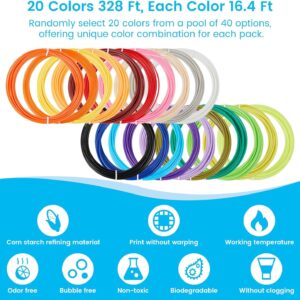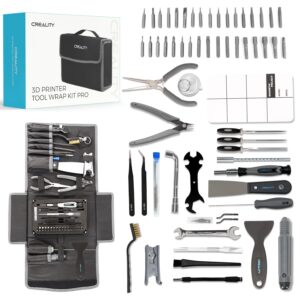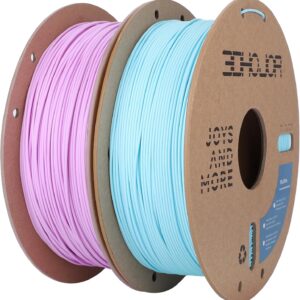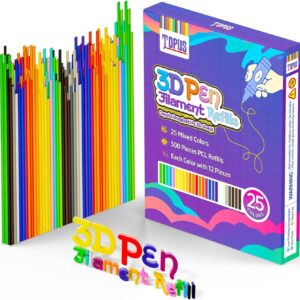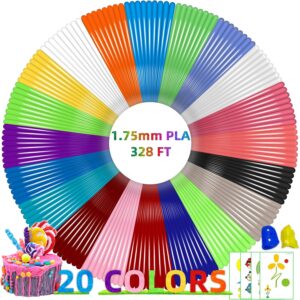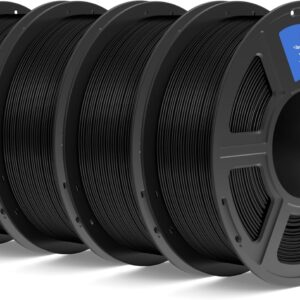This week, Korean 3D printer maker Sindoh announced the launch of its latest 3D printer. The new Sindoh S100 is the company’s first large-scale industrial polymer system and is referred to on the website as a “fully open and flexible polymer laser sintering system”. According to Sindoh, the new system can be used for applications in a wide variety of industries such as aerospace, tooling, medicine, architecture and automotive, and has many features that can “provide high productivity”. But that’s not all. The Sindoh S1000 is also the first commercially available 3D printer to support Materialize’s relatively new Bluesint PA12 technology, which helps eliminate waste in additive manufacturing.
“Bluesint PA12 is an important step towards making 3D printing more sustainable. The introduction of the Sindoh S100 printer, the first to support Bluesint PA12, will help us empower our customers to make a sustainability decision, “said Fried Vancraen, CEO of Materialize (Nasdaq: MTLS), in a press release .
Bluesint PA12 printed part (Image courtesy of Materialize)
Let me refresh your memory: in late 2020, Materialize introduced Bluesint PA12 to enable selective laser sintering (SLS) with up to 100% recycled powder. The same powder used in the company’s laser-sintered PA12 is used for Bluesint. The only big difference is that it is heated via a dual laser powder bed melting system powered by the Materialize software. Materialize, which has seen sales up 11% since its third quarter financial report, says parts 3D printed with 100% recycled powder have mechanical and visual properties comparable to the results you see on Use of fresh powder.
Sindoh is now the first company to offer this technology commercially as the tests for Materialize Bluesint PA12 have been completed both internally and with a few selected users. Materialize has agreed to purchase five of its new S100 3D printers. This makes Materialize the first customer for the new Sindoh system.

The Sindoh S100 is the first to support Materialize Bluesint PA12 technology. (Courtesy Sindoh)
With regard to the new Sindoh S100, the printer has a build volume of 510 x 510 x 500 mm, a semi-automatic calibration, a removable structure and maintenance functions for remote diagnosis. It has two lasers, each with a flexible spot size that can cover the entire print bed. The system can also work with variable laser thicknesses. The S100 with a weight of 2,500 kg also has a 2 x 3-axis digital scanning system with a maximum scanning speed of 15 m / s, a full color touchscreen and a layer thickness of 0.06 to 0.18 mm and 18 mm / h building speed. If you are interested, there is also a functional breakout system as an optional accessory.
Request for quotation
Do you want to buy a 3D printer or a 3D scanner? We are here to help. Get free advice and quotes from trusted suppliers in your area.
Driven by Aniwaa
“This new product also demonstrates the excellent synergy between Materialize Software and Sindoh’s 60 years of hardware manufacturing experience,” said Dr. Woo Suk-Hyung, chairman of Sindoh. “By combining the latest technologies from both companies, production costs can be reduced significantly and printing performance can be distinguished.”
Every S100 3D printer comes with a Materialize Build Processor, a Control Platform (MCP) and Magics Print 25 software. To further expand the collaboration, the system is also compatible with Magics RP and Streamics software.

(Image courtesy of Materialize)
Finally, Sindoh says engineers can work with a variety of powders when it comes to materials by adjusting the parameters of the new S100 – even those with processing temperatures up to 200°C. On its website, the company lists various materials that are compatible with its S100 3D printer, including PA11, TPU and PP from BASF Ultrasint and PA12 from Evonik.
(Source: TCT Magazine)


